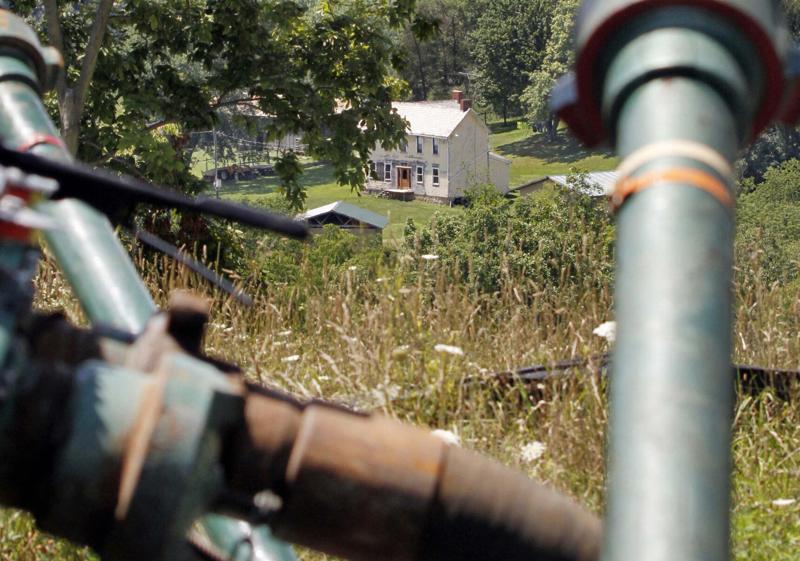(The Center Square) — Pennsylvania’s impact fee it gets from natural gas production has declined dramatically.
Though expected, it means local governments will have less money to fund some services.
The Independent Fiscal Office estimated that the impact fee will generate $174 million in 2023, a $105 million decline compared to last year’s revenues. The drop was about what the IFO predicted earlier in the summer when it warned of a bust following a record boom year.
Most of the drop was due to what’s out of the state’s control: falling natural gas prices. Average prices fell by almost 60% compared to a year ago, which accounted for about $84 million of the decline, according to the IFO.
Fewer new wells, too, drove down revenues. The structure of the impact fee means that new wells pay more and revenues drop as a well ages. So, when the relative numbers of aging wells goes up, fee revenues go down.
Data from the Department of Environmental Protection showed more than 400 wells were operating in their first year, more than 500 in their third year, and 4,800 in years four through ten.
Industry representatives emphasized the importance of natural gas in Pennsylvania.
“While impact fee returns fluctuate alongside the natural gas market – which, like all other commodities, is cyclical and dependent on a variety of factors – Pennsylvanians are reaping the benefits of our natural gas abundance in the form of lower energy prices, cleaner air and significant economic benefits to the tune of $40 billion in 2022 alone. Marcellus Shale Coalition President David Callahan said.
He called the fee a winning policy that benefits the state and advocated for more growth.
“Unlocking more Pennsylvania-produced natural gas, as well as supporting infrastructure needed to move it out of the basin, should be a priority for all,” Callahan said.
Pennsylvania is falling behind other states in natural gas production, commonly blamed on pipeline capacity constraints as Texas and Louisiana approve more pipelines. Appalachian natural gas production has hardly increased in the last year as it’s grown in the South.
Of the $174 million, $93 million will go to counties, municipalities, and a housing affordability fund. The Marcellus Legacy Fund will receive $62 million to support environmental remediation and improvement projects. Another $11 million goes to state agencies and $9 million to conservation districts.
Though a significant decline the impact fee revenue is still higher than the $146 million generated in 2020.







